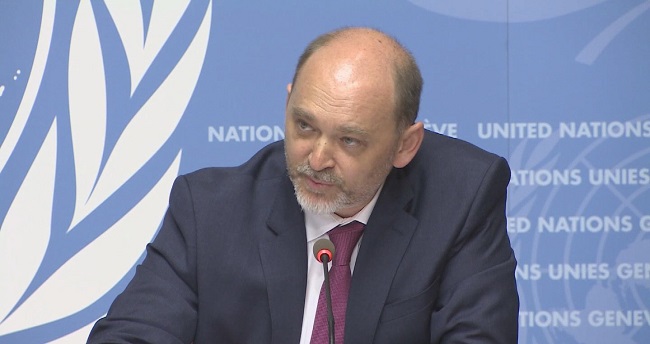The United Nations High Commissioner for Refugees (UNHCR) on Friday, January 4, 2019 said its first five solar-powered safe water systems at Cox’s Bazar refugee settlements in Bangladesh are delivering at their full capacity with the aim to supply all refugees this way.

“These new systems improve the daily supply of safe, clean drinking water to Rohingya refugees living in crowded sites in Southeast Bangladesh,’’ UNHCR spokesperson Andrej Mahecic said at a UN briefing.
The project, funded by the UN agency, is part of a broader shift in the humanitarian response toward the expanded use of green and non-polluting technologies.
“The new safe water systems run entirely on electricity generated through solar panels,’’ the spokesperson said, adding that UNHCR aims to provide 20 litres of safe and clean water to each refugee daily.
Report says over 900,000 Rohingya refugees live across 36 different locations in Cox’s Bazar area.
Using solar energy has allowed the humanitarian community to reduce energy costs and emissions.
The five new water networks, jointly completed by UNHCR and its partners, are currently providing safe water to no fewer than 40,000 refugees. A further 55,000 refugees will benefit as UNHCR and its partner agencies are hoping to install nine more solar-powered water networks across Kutapalong refugee camp in the coming year, at the cost of $10 million.
